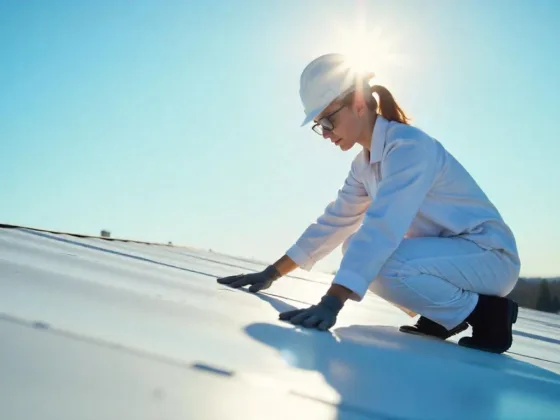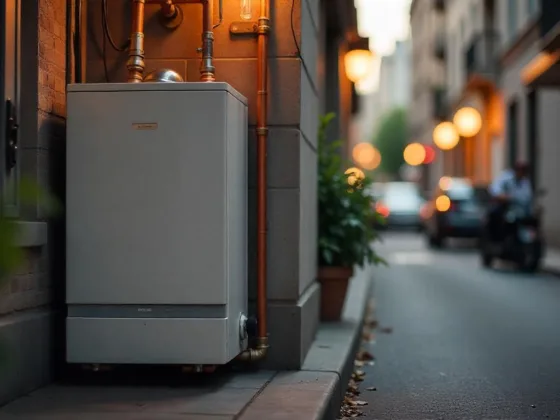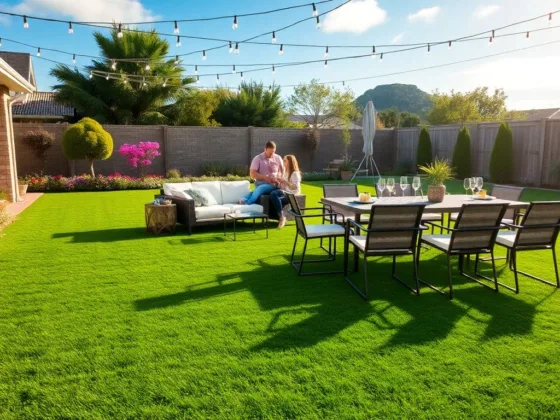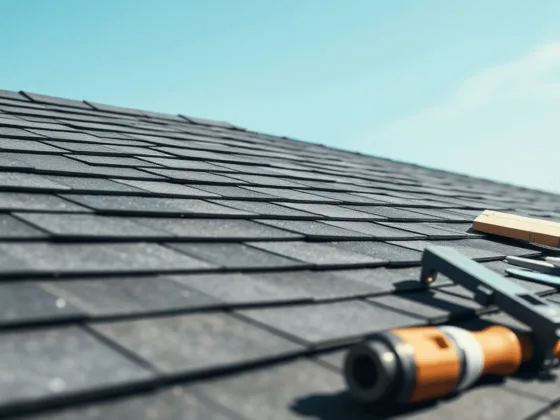Table of Contents Show
All roofs are not the same not only in the style and choice of material but also in design and life expectancy as well as the way of installing it, which makes every roof unique.
Although some roofs might look alike, it will be quite different in construction depending on its application, whether commercial or residential. Commercial roofing and residential roofing systems have different kinds of warranties too. Use of good quality roofing material suitable for the weather conditions of the place is essential to ensure its durability.
Moreover, installation is key to the longevity of roofs which is why you must leave it to the experts of Alignment Roofing Companies Naples Florida. With so many different types of roofing materials available, you must know which type would suit commercial requirements and which are good for residential use.
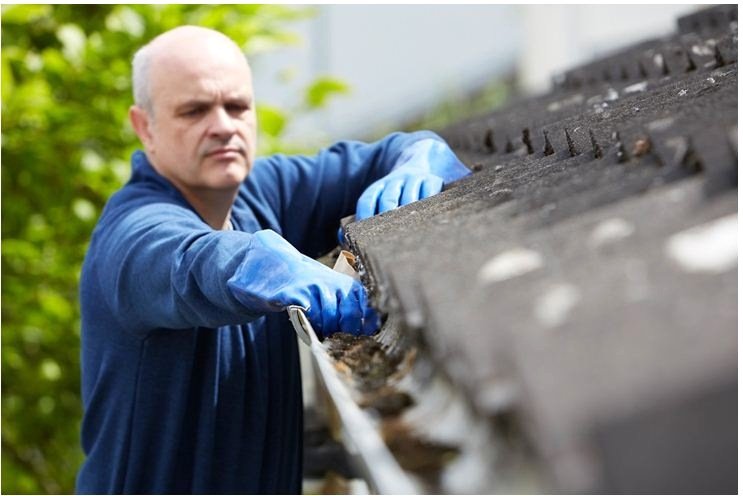
Know Your Options When Choosing Commercial Roofing Materials
Knowing the differences between commercial roofing and residential roofing should help to make the right choice. The primary differences arise from roofing design and roofing materials while there are some materials used for both types of roofing.
Read Also:
Roofing Design
Commercial Buildings are much larger than residential buildings, and the size of the roofing system is the most visible difference between the two. Commercial roofs can be flat or sloped depending on the type of building and its architecture.
Sloped roofs require less maintenance than flat roofs, and when designing commercial roofing systems, the large size of the roof and the snow load that it must bear as well as the weight of the equipment are some important factors to consider. Such structural factors are not much important for residential buildings.
Roofing Materials
Roofing materials for commercial and residential roofing system are different according to the application of the product, life expectancy and invariably the cost. Metal or membrane flat roof is the most common choice for commercial roofing systems which come in flat construction, but the options for residential roofing system are much wider.
For installing commercial roofing systems, you need the support of some roofing company that specializes in that type of roofing. They only can take care of aspects like air flow systems, external piping, etc.
Now let us look at the different types of commercial roofing materials.
Spray Polyurethane Foam Roofing
Commercial, industrial and manufacturing facilities can put to good use SPF or Spray Polyurethane Foam for roofing systems as it is a very good Eco-friendly material. The material comes in liquid form which is sprayed on the roofing surface so that it can expand and solidify to form a thick solid layer on the roof.
Although the technology has been around since the 1960s, its popularity is not as much as expected for commercial as well as industrial and residential. A correctly installed SPF roofing material can last for 50 years and is good for use in any kind of climate.
SPF provides high energy efficiency and creates excellent air, thermal and moisture barriers besides possessing excellent water- resistant qualities. Its high durability and environment friendliness make it a good choice.
Single-ply Membrane Roofing
To choose a time-tested roofing material for commercial applications, you must fall back upon single-ply membranes. Sheets made from rubber and other synthetic materials that can be mechanically fastened or ballasted or chemically bonded to insulation for creating a layer of protection on the roof.
This is one of the most well-known commercial roofing materials available in a varied price range that can suit any budget.
The material is fire-resistant and Class A fire rated and TPO membranes being white in color it is highly reflective that aids better insulation of the roof. EPDM roofing has been in use in commercial roofing systems for many. Since Single-ply membrane roofing does not include the insulation factor, it gives more options to customers in choosing the type of insulation they need.
Shingle Roofing
Although shingles roofing is most common in residential settings, the versatility of the material makes it a good choice for commercial applications too. Commercial roofing system with a sloping roof can use shingle roofing made from wood, metal, plastic, ceramic, slate and composite materials like asphalt. The choice is between Asphalt Shingles and Architectural shingles.
Asphalt shingles are most popular mainly because of its cost-effectiveness and wide-ranging warranties between 15 and 30 years.
Architectural shingles have several layers that add to the strength of the shingles as well as makes it more durable and weatherproof. It is not unusual to find some varieties with lifetime warranties.
The easy to install and repair shingles are available in a variety of styles, colors, and designs.
Metal Roofing
The oldest commercial roofing systems were all metals that still generates considerable interest among builders installing commercial roofing systems. Corrugated galvanized sheets are the most widely used metal roofing due to its high strength and durability even though aluminum roofing is also in use.
The lightweight of metal roofs allows its installation on the existing roof and to make it waterproof as well as UV resistant and rust resistant, you can add a protective coating.
In addition to a variety of colors and materials, metal roofing sheets are highly stable in withstanding heavy snow and high winds. Metal has intrinsic fire-resistant properties that make it less prone to fire damage.
Built-up Roofing
It has been more than a century that built-up roofing systems have been in use and popularly known as tar and gravel roofing. The installation of the roofing system consists of installing alternate layers of tar or asphalt and supporting fabrics into the roof directly.
Depending on the amount of strength you need, you can select the number of layers between 3 to 5 with more layers corresponding to higher strength. Stone or gravel forms the final layer of built-up roofing systems.
The absence of joints and seams provides a continuous surface that reduces the chances of leakages, and it provides UV protection. The roof is cost-effective too because it requires very low maintenance.
Roofing requirements are unique, and you must weigh the benefits of the system and match it with your needs for making the right choice.


